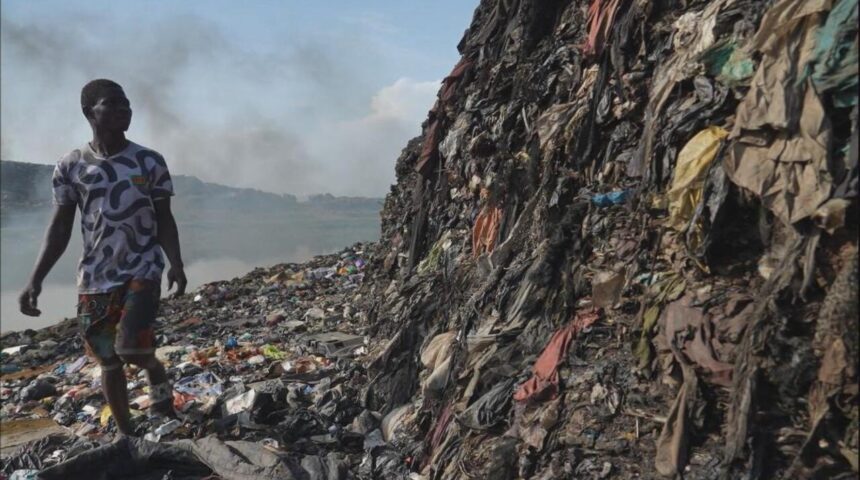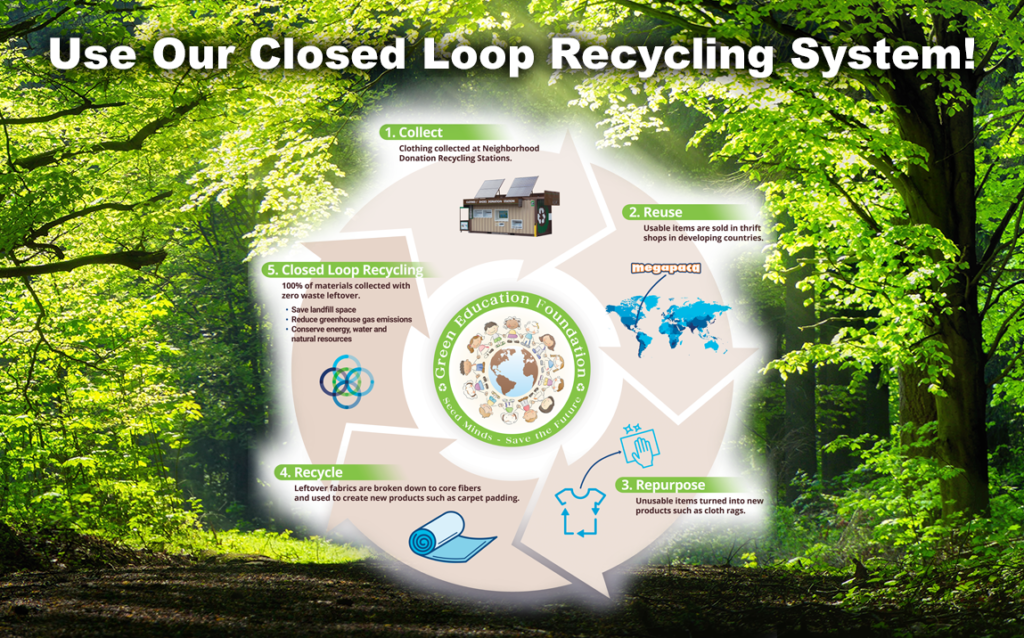
Regulators Want Fashion Brands to Cover the Cost of Their Textile Waste
Fashion companies in the US and Europe are facing calls to address the escalating clothing waste issue through proposed rules mandating their involvement. Several regions, including California, New York, Sweden, the Netherlands, Italy, the UK, and the EU, are contemplating “extended producer responsibility” (EPR) initiatives. These schemes would compel fashion brands to contribute to textile recycling programs, either by paying fees tied to their clothing production volume or establishing their own recycling systems.
The fashion sector’s waste predicament is escalating, with the EU producing approximately 4 million tons of textile waste annually and the US generating 17 million tons in 2018, marking an 80% surge since 2000. A significant portion of this clothing waste either piles up in local landfills or is shipped en masse to countries in the Global South, such as Ghana, exacerbating environmental challenges.
EPR regulations are designed to actively involve fashion brands in resolving this crisis, urging them to reassess their production levels and overall environmental footprint. Proponents believe these programs can effectively reduce overproduction, stimulate recycling innovations, and promote the creation of higher-quality products. While EPR fees may lead to modest price increases for consumers, their ability to effectively deter overconsumption remains uncertain.
Textile EPR programs are still in the discussion phase in many areas, but examples like France, which has had such a program since 2007, serve as potential models. In France, companies pay fees based on their previous-year production quantities, with products categorized and weighted accordingly. The debate on fees in other regions is ongoing, with some advocating for starting at $0.50 per garment and increasing to at least $2.50, taking into account reuse, recycling costs, and environmental impact.
These programs also hold promise for driving advancements in product design, sorting techniques, and the development of more recyclable materials. Ultimately, they have the potential to alleviate the burden on Global South countries receiving discarded textiles. It is crucial to address the vast scale of the waste crisis and establish collective systems and infrastructure for effective textile waste management. Additionally, companies can explore textile recycling options, such as the Green Education Foundation’s free closed-loop textile recycling program, to contribute to a more sustainable future.

